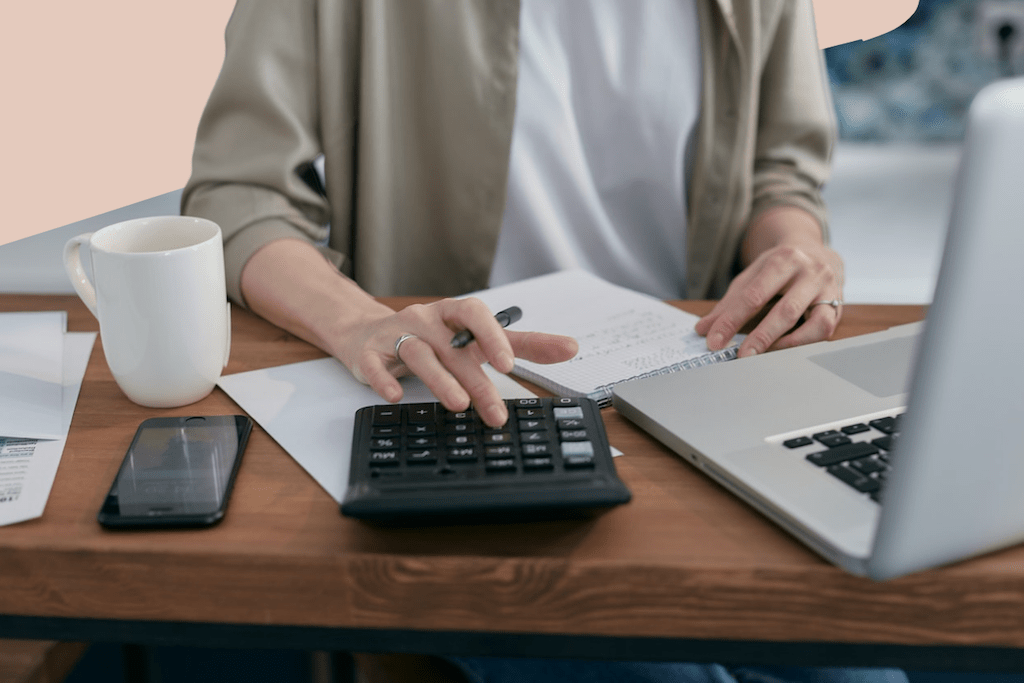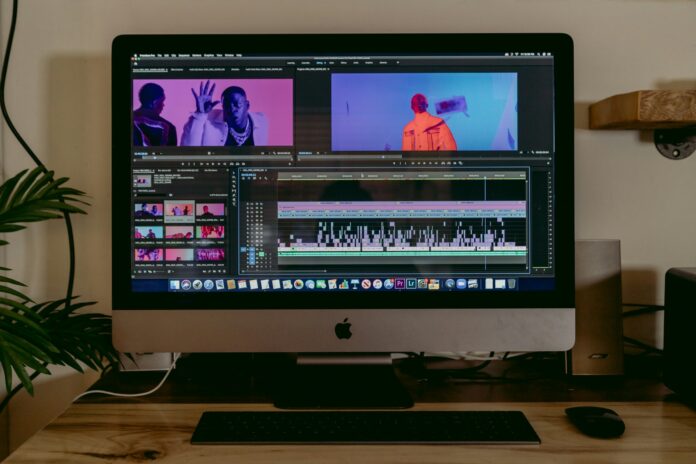Planning properly for your finances is the best way to ensure success. A lot of people think they can just wing it, but this will lead to more problems in the long run. That’s why we’re going to go over some of the most important things you should do when properly planning your finances. By following these steps, you’ll be able-minded and ready for anything that comes your way!
WRITE DOWN ALL YOUR MONTHLY EXPENSES
No matter what you do, or where you live, you have your mandatory monthly expenses. Every person who’d give you financial advice will tell you that this is the first thing you need to consider when planning your budget. Otherwise, you may end up in terrible debts that are hard to get out of.
You need to make a list of all your expenses and their amounts. Some of the common monthly expenditures are the following:
- rent
- heating bills
- telephone bill (if you have a mobile phone)
- TV license (in case you watch broadcast channels like BBC or ITV)
- electricity bill
- gas bill
- water rates (if you have a septic tank)
- council tax (rates differ by location, but it’s usually around £100 or less)
- If you have a partner, make sure to include their expenses too
- consider your future monthly expenditures
Remember that if something changes with regards to any of the mandatory costs mentioned above, call up whoever provides you with service and ask about how much it’s going to cost next month! When writing down your monthly expenses, make sure to properly plan finances.

MAKE A MONTHLY BUDGET
After you’ve figured out what you must spend, it’s time to create a monthly budget. First, you must know how much money is coming in every month. This includes your regular income as well as any extra cash that may be received during the year (like an annual bonus). Plus anything else you can count on yearly like a birthday gift from grandma or income taxes refunded by January of each new year.
It consists of two columns. The first is the money you spend on a monthly basis, and the second contains your expected income during that time period. You have to be realistic with what you can actually save at this point. If it turns out there’s too much month left over after paying for bills and expenses, cut back on some of those luxuries or wait until next year when something more affordable comes along (like buying an older model car).
Once you have a good idea of what’s going in and out, then it’s time to put together your monthly budget. This can be done using the numbers from above as well as any other expenses that may pop up for things like clothes/shoes or food (which is sometimes overlooked). Keep this realistic because if not properly planned, you could end up in debt and not properly prepared for an emergency.
TRACK ALL YOUR SPENDINGS
Keep a journal or a budgeting app to track your spendings properly. If you do this, you will be able to see how much money is actually coming in and if there are any expenses that seem too high or too low compared to previous months. You can then figure out what needs to change so your spending works better for you.
This will help you figure out where you’re spending too much money so you can work on cutting back. You will also be able to figure out what areas of your life are costing too much, and which ones you could cut down on in order to save money.
Paying attention to where your spending is actually going gives you the opportunity to properly plan finances for yourself!

CREATE AN EMERGENCY FUND
One of the most important aspects of financial planning is creating an emergency fund. This can be a lifesaver in terms of properly planning your finances.
If you are prepared for any sort of financial emergencies, then it means that you will have the money to cover those costs when they arise, rather than having to put them on credit cards or take out loans which could have negative long-term effects on your credit score and overall financial health. Furthermore, an emergency fund is important because people live busy lives nowadays with full schedules at work as well as being active members of their community through volunteer organizations and other things like this.
So, without an appropriately sized emergency fund, there’s just no way that everyone would have the time necessary to properly manage all these different areas of their life! It makes sense that properly planning your finances is very important.
LOOK INTO WHERE YOU CAN SAVE MONEY
If you look hard enough, you’ll realise there are multiple ways that you can save money to help you properly plan your finances. This is because you’re looking for areas where spending can be reduced without having a negative effect on your life or the lives of others, so try and think outside the box when finding ways to save.
You can look into cheaper alternatives. If there are expensive items in your home which you know have less costly replacements available, take advantage of this! Also, you can start using alternative modes of transportation which are cheaper (walking, biking, public transport).
When you’re buying groceries or making a purchase at a store, think about the price per unit. This gives you a better idea of what is being paid for and whether it’s worth spending money on that particular item. Maybe there will be an even better deal elsewhere that you can find.
AVOID IMPULSE BUYING
Impulse buying can be your worst enemy when it comes to properly planning your finances. It is important that you are aware of the triggers that cause you to impulsively buy, in order for you to properly plan.
You should also have a list of things that are vital before making any purchase. Your list should include things such as checking your bank balance, comparing prices, and finding discounts for the item you want to buy.
Try keeping a small amount of money aside that will not affect your general finances too much if it is spent on something unnecessary. By doing this, you can properly plan ahead and avoid impulse buying.
Read: How to limit impulsive spending and budget better
THE BOTTOM LINE
Properly managed finances will help you way calmer and with peace of mind. Make sure to know what your monthly spending is and create a budget to which you should stick strictly. Also, track your expenses to see where you’re leaking and create an emergency fund for unforeseen events. Make sure to find ways in which you can save money and avoid impulse buying at any cost. You’ll have a good amount of money saved up in just a couple of months!





